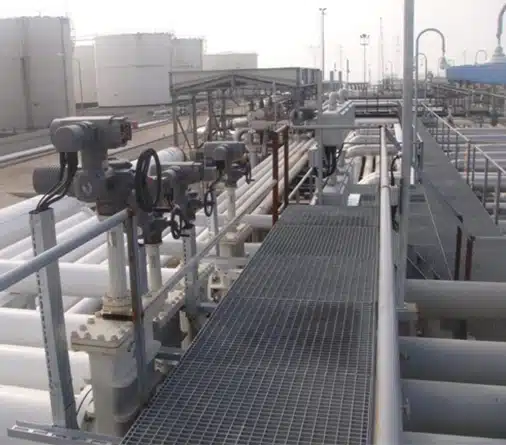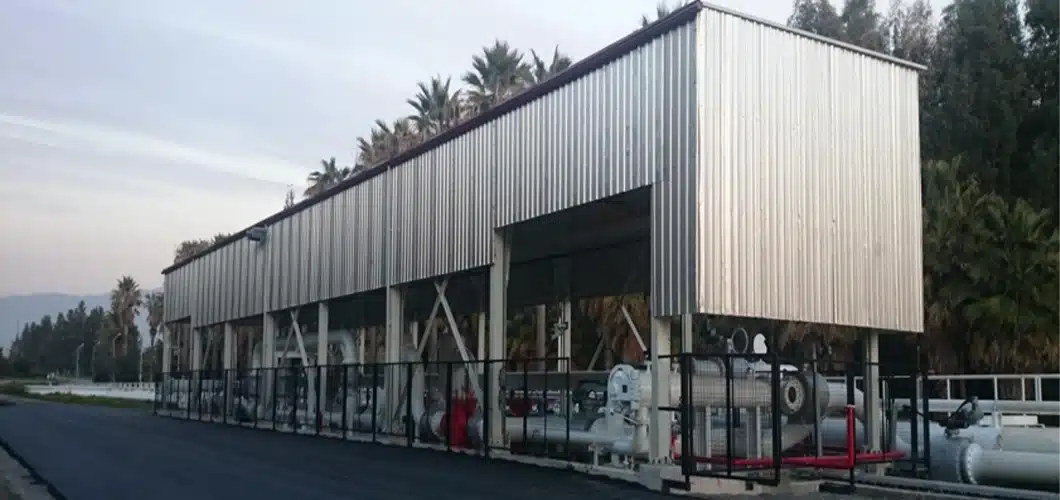Pipeline transport is a method used for the efficient transmission of fuels and is generally used in gas or liquid transport. This method aims to safely transport various gases and liquids over long distances and provides advantages in various fields. It provides cost reduction in energy transport, and at the same time, its impact on the environment is also very positive. Being suitable for fast and continuous transport and safe transport of liquids are among the reasons why this method is preferred.
Advantages of Pipeline Transportation
Pipeline transportation is one of the safest transportation methods frequently used in the energy and industrial sectors. This system is considered the backbone of urban and intercity transport networks.
Pipeline transportation systems are designed to meet high-capacity transport needs, and their construction utilizes durable materials such as steel and polymers. These pipelines are regularly inspected to ensure safety and are considered a vital part of the energy infrastructure in many countries.
The advantages of this system include:
This system reduces costs in energy transportation. Additionally, its high carrying capacity allows for the transfer of large volumes of liquid or gas in a single operation.
Compared to road or sea transportation, pipeline systems emit significantly less carbon dioxide, making them an environmentally friendly option.
Transporting liquids through pipelines minimizes the risk of environmental spills. Furthermore, these systems are equipped with security measures and undergo regular maintenance, making them resistant to leaks.
Pipelines enable the rapid and uninterrupted transfer of materials, which is crucial for the energy sector.
Since pipeline systems run underground or along designated routes, they take up less space compared to road or sea transportation, avoiding traffic congestion issues.
The comprehensive advantages of pipelines make them a preferred choice in the energy sector and various industrial fields, offering a sustainable solution for transportation.


A pipeline is generally an underground system used for transporting liquids, gases, or solid materials from one point to another. This system is a type of infrastructure and is used for the transportation of energy, water, and industrial products.
A petroleum pipeline is a system frequently used in the energy sector to efficiently transport oil, petroleum products (types of fuel), and their derivatives. Specialized systems like petroleum pipelines make it possible to transport large volumes over long distances at low costs.
“What is a pipeline?” A pipeline is a transportation method that operates through underground pipes made of durable materials. Pipelines are designed to ensure the continuous flow of crude oil, natural gas, or refined products.
“How is petroleum transported through pipelines?” In this system, petroleum is pumped and moved through the pipes under specific pressure. This process is carried out via large pump stations, ensuring the pipes remain sealed and the safety of the transported petroleum is continuously monitored.
This process is not only an economical method but also supports energy security.
For detailed information about petroleum pipeline transportation, contact Mega Industry.
